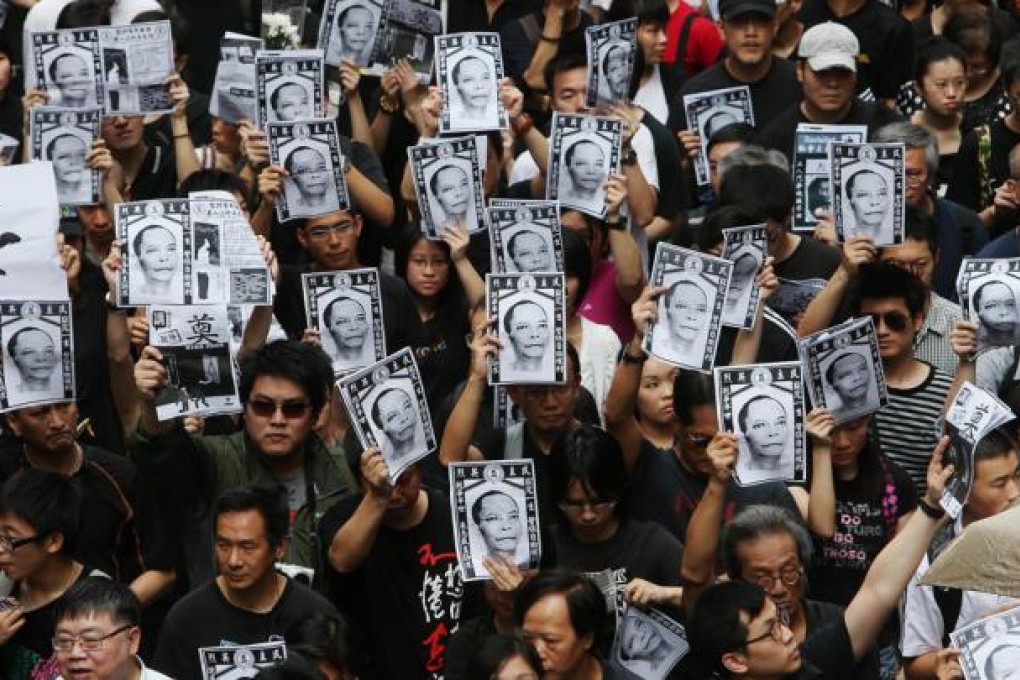Record number prosecuted under tough Public Order Ordinance
45 charged under ordinance last year, compared with a total of just 39 since the handover

More protesters were prosecuted last year under the Public Order Ordinance - which carries harsher penalties than other laws commonly used in such situations - than in any year since the handover.
Police laid charges under the ordinance against 45 protesters, compared with a total of 39 between 1997 and 2010. At least three cases were heard by courts in the past two months.
The 45 were among 444 protesters arrested - mostly in three massive protests - and 54 prosecuted in total, police figures, released at the request of the South China Morning Post, show.
Activist Icarus Wong Ho-yin said political prosecutions were becoming more evident since "heavy-handed" Police Commissioner Andy Tsang Wai-hung took office last year.
"The government is suggesting that these protests were affecting public safety," said Wong, who was among eight people given fines and suspended sentences last month after being convicted of unlawful assembly under the ordinance.
"It is like the central government suggesting national security is affected by protests."